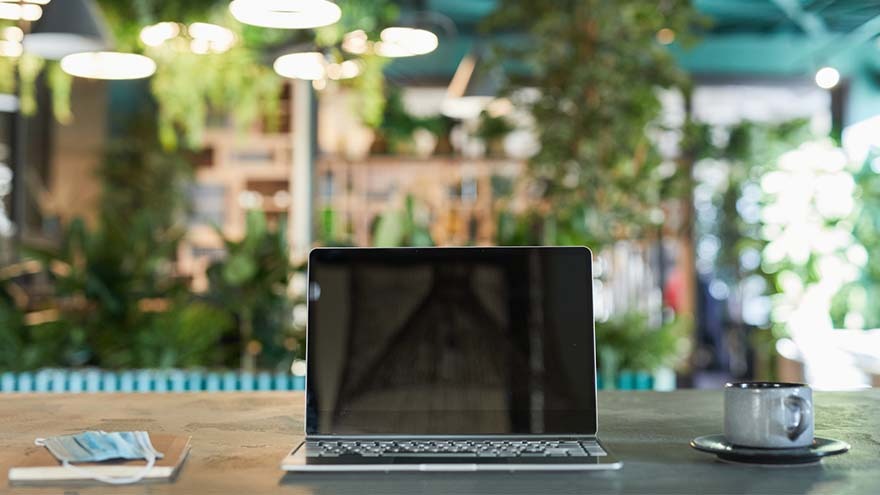Make the office happier and save money while doing it
Many meeting professionals work in corporate office environments, so it’s good news the wave of sustainable practices in the office is more than just a fad, especially for younger employees. Eighty-one percent of them, aged 21-30, expect their respective employer to follow sustainable and socially responsible business practices, according to a survey by real estate services specialist JLL. Seventy-six percent of those in that cohort believe that sustainability practices “are a must.”
The survey, which included 1,200 office workers in Australia, Greater China, India, Japan and Singapore, found that 65 percent of employees actually don’t know what their employers are doing about sustainability. Despite this lack of knowledge, companies are listening to the call; according to JLL, 66 percent of firms have already created sustainability goals, making the office more sustainable in major ways, which encourages productivity and cuts on costs.
Biophilic Design Fosters Productivity
According to JLL, seven in 10 employees want their workplaces to incorporate natural elements such as indoor plants and green rooftops. Biophilia, human beings’ innate attraction to nature, is not only good for the mind and soul but it’s also budget-friendly, as it can reduce a company’s lighting costs by 10-14 hours, depending on the season.
A study by Terrapin Bright Green and University of Oregon found that poor building design can account for 10 percent of employee absences. The study discovered that employees with a view of a natural landscape took an average of 57 hours of sick leave annually, compared to the 68 hours that employees with no view at all took.
Terrapin also examined where employees spent their breaks and found that “employees with better views were likely to spend more time at their desk. Employees with urban views or no views at all were more likely to spend their lunch breaks walking around or in another part of the building.”
Employees Want Recyclability
Six out of 10 respondents reported the desire for universal adoption of 100 percent water recycling in offices, according to the study. While employee satisfaction will take a company far, water recycling will also save on costs.
“Recycling wastewater on site lowers the costs associated with and the energy consumed for pumping and transporting water for treatment elsewhere,” said Roddy Allan, chief research officer for JLL Asia Pacific. “More importantly, reusing the water within buildings also eases the pressure on water resources in cities.”
AI and IoT Drive Energy Efficiency
Incorporating artificial intelligence into the workplace can produce a cost savings of up to 25 percent, reduce its carbon footprint by up to 40 percent and increase employee comfort by up to 60 percent, as evidenced by autonomous building producer BrainBox AI, which has introduced its energy-efficient technology into more than 100 million sq. ft. of building spaces across five continents. Buildings using this tech can also see a 50 percent life extension in its HVAC equipment.
Like many hospitality companies—Marriott International and Paris-based Accor, to name two—BrainBox has the goal of achieving netzero emissions by 2050.
A Personal Workplace is a Successful Workplace
Personalized office spaces increase employee comfort, as well as encourage energy savings. For example, in an experimental zero-energy office in Singapore lies a personalized fresh-air supply duct with adjustable air volume at each desk, improving the air quality in the breathing zone of each employee. This allows the surrounding air supply to be set at a lower rate without causing discomfort to those in the office.
Something similar has been shown in an office concept by Japan’s Mitsubishi, where personalized air conditioning lets employees control the temperature of their proximal environment.




